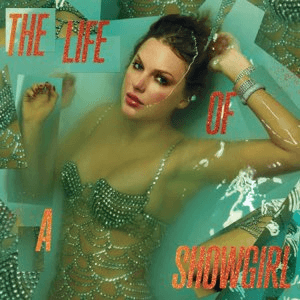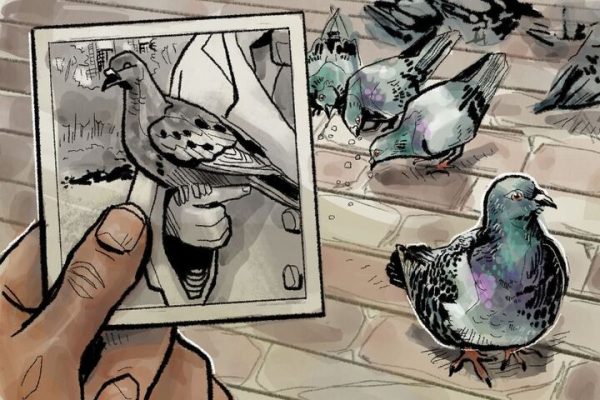Letter to the Editor: When Valentine’s Day isn’t a happy time
Valentine’s Day. Meant to be a fun day of love, romance, flowers, and chocolate. At least as we are led to believe by Hallmark and Madison Avenue. Maybe you are going out to a nice dinner with your significant other. Perhaps, because of the pandemic, you plan an evening in, relaxing on the couch having pizza or take-out. Or maybe your plans are to go out hoping to safely meet someone new.
But what if Valentine’s Day isn’t a happy time for you?
What if the day, and the days around it, suck? What if you are a survivor of rape, sexual assault, or abuse from a past Valentine’s Day or if the holiday brings up things you’d rather forget.
No matter how marketing strategies are used to make brands more inclusive of relationships and orientations, Valentine’s Day still feels like a holiday for couples. It brings with it an expectation of love and romance.
I have had the privilege of working as an advocate for the Wichita Area Sexual Assault Center (WASAC) since 2016. Prior to this time, I was an advocate for the US Navy while working as an International Training Instructor in Newport, RI.
In my time at WASAC, I have responded to hundreds of hotline calls or hospital calls to advocate for sexual assault survivors. I have found there is no stereotypical survivor. I’ve worked with survivors of all races, sexes, genders, and ages.
However, what survivors had in common were that 1) the assault was NOT their fault and 2) they did NOT do anything wrong to cause the assault.
This has been true for every single person I have helped as an advocate.
Holidays that revolve around love can be particularly painful because aggressors often cite affection as a reason for abusing their partners, says Christine Selby in an Allure magazine article from February 2019.
“Regardless of whether or not this is how the violence is justified, the fact that the violence occurs between people who are romantically linked means that any ‘holiday’ or event that revolves around love and expressions of love can be upsetting/triggering to the abused person,” Shelby explains.
The gift-giving encouraged around Valentine’s Day can also be tricky for survivors because flowers, chocolate, or jewelry are often offered to the person who has been abused as a way of ‘apologizing’ for the abuse.
Regardless of if Valentine’s Day is happy or painful for you, WASAC is here, day or night.
What is Advocacy?
On our WASAC website, it says:
“Victim advocates are professionals trained to support sexual assault survivors through the aftermath of a sexual assault.
Whether the assault happened an hour ago or 25 years ago, advocates can offer victims information, emotional support, and help finding resources. At the Wichita Area Sexual Assault Center, we provide a wide range of advocacy services.
We believe that as a survivor of sexual violence, you deserve advocates who will listen to you with compassion. We will listen, and we will believe you. With your permission, your guidance, we will offer all appropriate support. Please remember. You control all of our advocacy services. You’re in charge. Completely. Always.”
All advocates and employees of WASAC are bound by strict confidentiality standards as well.
Advocates are crucial for our community and our world. It’s why I do what I do. Men are underrepresented in this line of work. But it’s an opportunity for me to make a difference and to use my skills and abilities from decades of military service and years of civilian work teaching. I’m good in a crisis like many of our active duty and veteran service members.
How can we help you?
According to 1in6.org, 1 in 6 males have experienced sexual assault or abuse. This statistic is probably too low because of the stigma associated with male victims.
1 in 3 females will experience sexual violence involving physical contact during her lifetime, according to a 2018 CDC report.
One program that was recently restarted is a Men’s Support Group. Because of the pandemic, it is currently held online through a secure Zoom meeting site. The group is open to male survivors of sexual assault who are 18 or older, no matter when the assault happened.
If you are interested in participating in this group or want additional information about any WASAC services, email [email protected].
Other resources available at WASAC for those who have been sexually assaulted include a 24-hour hotline where you can talk with a trained advocate. The crisis line number is (316) 263-3002. Visit wichitasac.com for more information about WASAC’s services and programs, all of which are free of charge.
So for this Valentine’s Day, do what’s best for you. Pizza in front of the TV with your family? Go for it. A romantic dinner with a partner? Go for it. Curled up with a book by yourself? Go for it.
There is no need to do anything except be safe.












